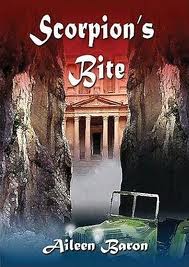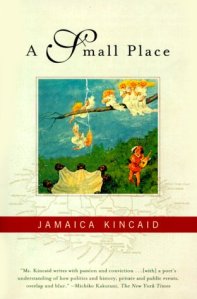The Book: The Girl She Used to Be
Author: David Cristofano
Format: Paperback
Genre: Thriller/Romance-ish
Publication Year: 2009
Word Count/Page Count: ~ 64,000 Words/256 Pages
Stars: Three out of Five
Where it Came From: Borders’ going-out-of-business sale
“Viewer” Rating: PG-13 (for minor cursing, sexual innuendo, violence, and a couple of almost-sex scenes)
The Review:
The Girl She Used to Be is the story of Melody Grace McCartney—or May Adams, or Karen Smith, or Anne Johnson, depending on the year and the particular identity she’s been forced to adopt—a twenty-six-year-old woman who has been in the Federal Witness Protection Program for the past two decades. She is sick of always running, never being able to make connections with people, and never really knowing her own identity. So when a member of the same Mafia family whose actions sent her into WITSEC to begin with shows up in her life, Melody stops running and turns to stare danger right in the eyes.
I really alternated between liking and not liking this book, which is why it got 3 stars—a nice middle ground for a book that had me ying-yanging back and forth like that sling-shot ride that they have in some coastal towns. So let me break it down for you.
What I Liked:
>The emotion.
I was really impressed with the emotional depth that Cristofano managed to convey in such a short book. Melody’s emotions, thoughts, and feelings rang (for the most part) completely true. And, what’s more, they evoked empathy from the reader, which is a challenge in and of itself.
>The author-character compatibility.
I always have some misgivings at first when I see a guy’s name on the cover of a book from a female POV. I’m not trying to be sexist—I’ve just read too many bad books where a male has attempted (and failed miserably) at adopting a female persona for a book’s narration. Not so in this case. Cristofano handled Melody’s emotional and intellectual character with delicate grace. By the end, I was convinced that I’d had a glimpse, albeit a small one, into the head of someone who’d actually been in witness protection.
>The pacing. (Mostly).
While I don’t know if this book is actually classified as a thriller (all I can find is classification as a romance, which I disagree with. See explanation under “What I Didn’t Like”), I was hooked and finished the book in two days.
What I Didn’t Like:
>The love story. Now, I’m not anti-romance by any streak of the imagination. I like a good guy-meets-girl story as much as the next fanatic reader. What I don’t like is underdeveloped guy-meets-girl-and-hours/a day-later-they’re-in-love-and-convinced-that-they’re-soul-mates storylines. Call me old-fashioned, but that’s not love. That’s infatuation. And lust. I won’t say anymore and spoil too much of the plot.
>The portrayal of law enforcement
I won’t give too much away, but because the book is in first-person POV, the WITSEC marshals get a pretty bad beating on the pages of Melody’s mind. Since the book was preoccupied with redemption and discovering new truth, I felt that her perceptions of them should have been explored a little more.
>Character depth.
The only character that the reader was really allowed the opportunity to know was Melody. We don’t even get much depth into Jonathan, the Mafioso-slash-love interest.
>Not long enough.
This doesn’t need much explanation. The ending felt rushed and, although I believe it tied up all the loose ends nicely, drawing it out a bit more would have been more emotionally cathartic for the reader. The entire book was leading up to this one, single confrontation, which occurred over the space of ten, maybe fifteen pages. That was disappointing.
The Bottom Line:
Yes, I would recommend this book to my friends.













